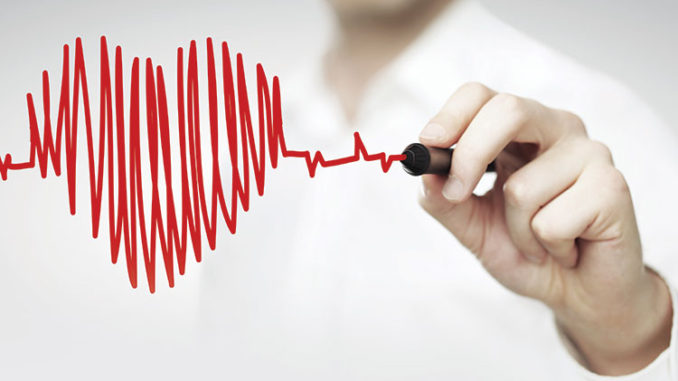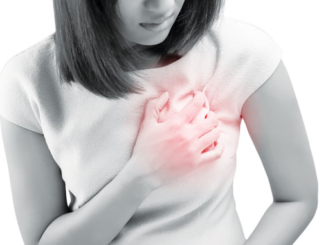
Your heart works hard to keep you in top form. It feeds oxygen-enriched blood and circulates nutrients throughout your body, maintaining balance beat by beat, to ensure you live a long and healthy life. But there are problems that sometimes plague the heart, and it’s up to you to maintain awareness of your body’s health to keep your heart going strong.
What is a Heart Block?
Your heart has its own electrical system that dictates how many times your heart beats per minute, and its pulse pattern. Every heartbeat sets off an electrical signal, which causes the heart to pump blood. When this electrical signal slows down or is disrupted, it’s known as a heart block. Depending on the severity, this can cause the heart to skip beats, cause faintness or dizzy spells, and can be fatal.
What is a Heart Attack?
When the heart isn’t receiving oxygen-rich blood—usually due in part to blockages in the arteries—the portion of the heart muscle that is clogged will begin to die. Those suffering from a heart attack may not feel anything at first, but often experience chest discomfort that ebbs and returns later. Shortness of breath is common, and lightheadedness and cold sweats can occur.
What is a Heart Murmur?
There are two types of heart murmurs that frequently occur. An innocent murmur is caused when blood flows rapidly through the heart—typically reactive to a fever, puberty, pregnancy, and physical activity—and is generally not considered a problem. An abnormal heart murmur occurs when there is a defect in the heart valve, not allowing the valve to open or close properly.
What is Heart Failure?
When your heart cannot pump enough blood through your body to continuously deliver oxygen and nutrients to your cells, your body’s health begins to degenerate. While the term “heart failure” may suggest a rapid decline in health, heart failure progressively worsens over time. Difficulty breathing, fatigue, and chest pain may occur along with coughing, dizziness, and loss of appetite.
What are Palpitations?
Commonly triggered by exercise, stress, or even medication, heart palpitations feel as though your heart is pounding in your chest, or beating too fast. Normally benign, heart palpitations can indicate an irregular heartbeat if felt too frequently, or are followed by chest pain, severe dizziness, or fainting.
SIDEBAR:
Heart Healthy
Track portion sizes, especially for meat and calorie-dense foods
Avoid sodium-laden foods
Cook with olive oil or coconut oil over butter, or lard
Choose whole-grains over refined or processed products like white bread, doughnuts, and muffins
Stick to foods that offer omega-3 fatty acids, such as salmon and walnuts
Make more room for fruits and vegetables on your plate




